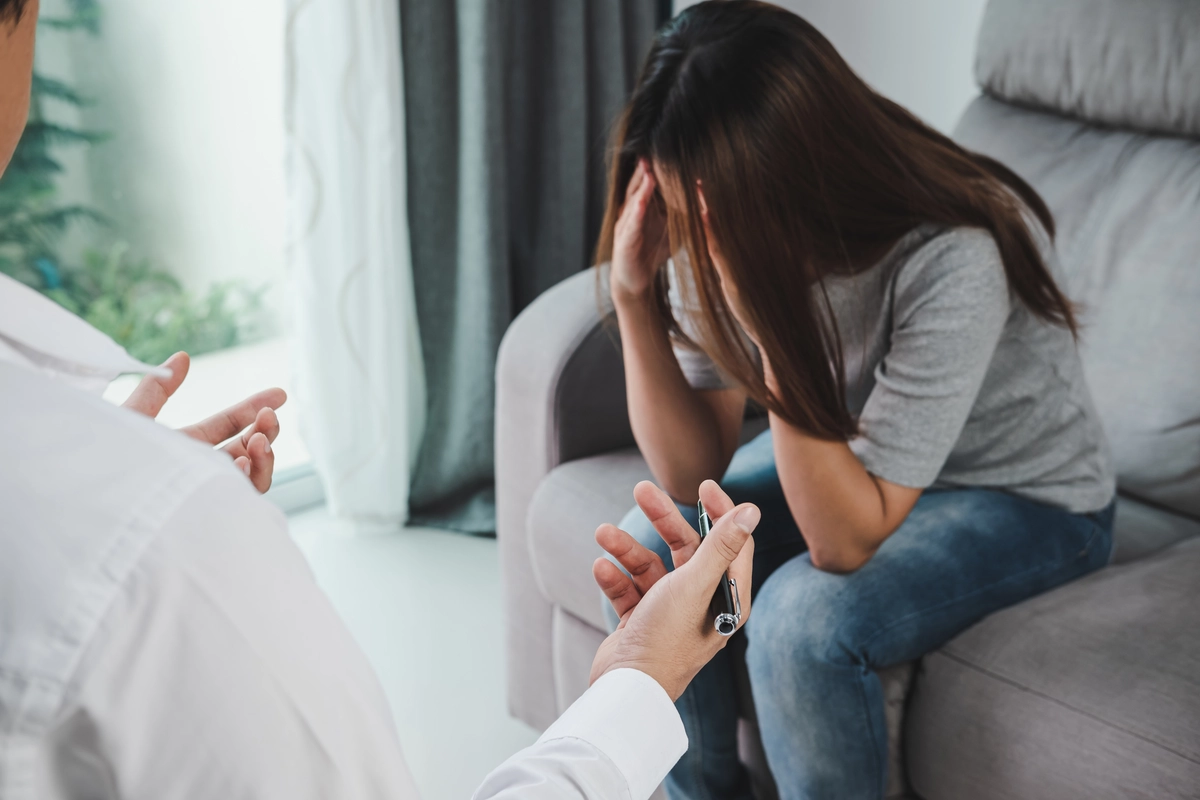24/7 Helpline:
(866) 899-221924/7 Helpline:
(866) 899-2219
Learn more about Bipolar Disorder Treatment centers in Edgefield County

Other Insurance Options

Providence

Amerigroup

Self-pay options

American Behavioral

Covered California

WellCare Health Plans

UMR

Magellan Health

Medical Mutual of Ohio

CareFirst

Kaiser Permanente

GEHA

AllWell

Health Choice

PHCS Network

Meritain

Coventry Health Care

Health Partners

MVP Healthcare

Humana

Cornerstone
Cornerstone is a counseling clinic located in Edgefield South Carolina. Cornerstone offers outpatien...
























